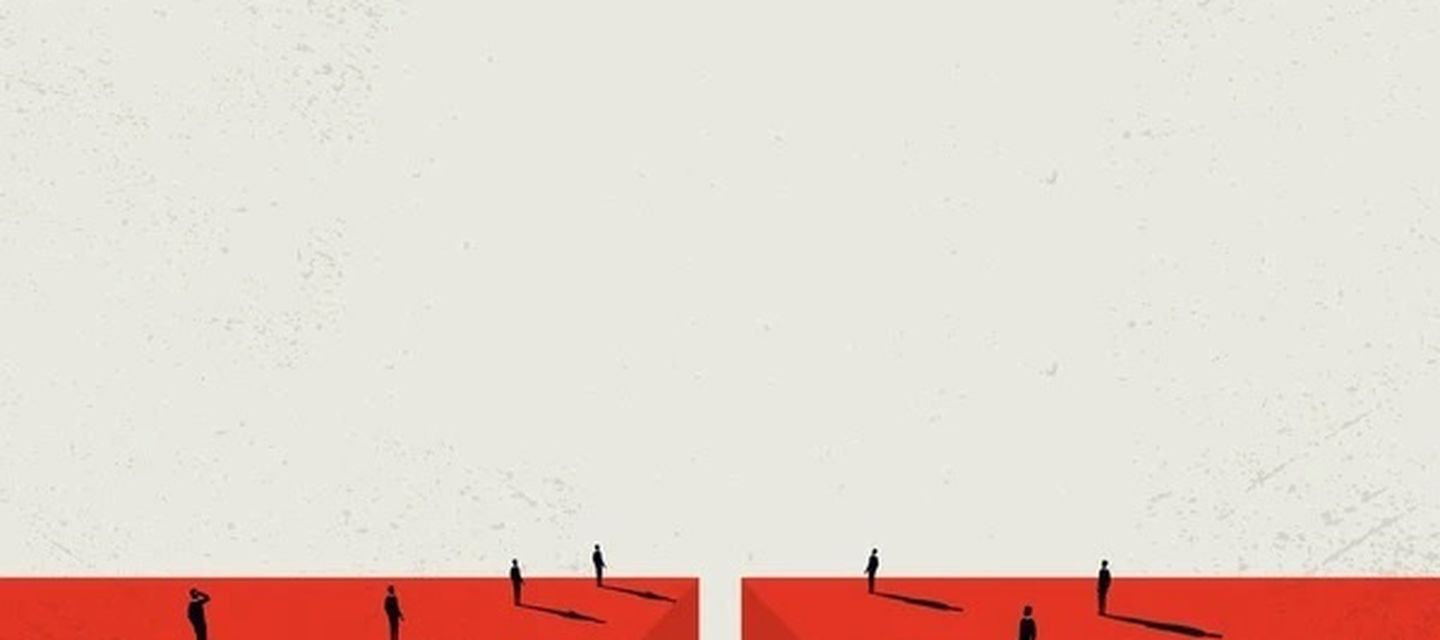
Il-, anti-, non-: Liberalism and its Contestations
The developments of the last three decades—the rise of the populist right, globalisation of culture wars, sharpening ideological polarisation—have led scholars to think of novel ways to capture changing political realities. Widely-used terms such as ‘populism’, ‘conservatism’, or ‘democratic backsliding’, increasingly fall short in describing ongoing transformations including the disappearance of the ideological centre, the driving power of emotions, and blurring distinctions between the right and the left.
This is an online event!
Contemporary critiques of liberalism indeed do not always seek to abandon liberalism altogether but to amend or reconfigure its course (though often the results of such efforts do lead to an erosion of liberal foundations). Moreover, critics of liberalism cannot always be squarely placed on the right of the political spectrum: demands for radical redistribution of wealth and power, as well as the primacy of group identity over individual liberties, pose threats to liberalism also from the left. Our interdisciplinary panel of leading international experts on the topic seeks to critically explore the features that distinguish contemporary critiques of liberalism from their historical counterparts and elaborate on the notion of ‘illiberalism’ as a new ideology.
About the speakers
Jan Kubik is a Professor in the Department of Political Science at Rutgers University and a Professor of Slavonic and East European Studies at University College London (UCL). He works on the rise of right-wing populism, culture and politics, and protest politics. Among his books are The Power of Symbols against the Symbols of Power (1994) and Twenty Years After Communism: The Politics of Memory and Commemoration (2014), with Michael Bernhard. Prof. Kubik is co-director (with Richard Mole) of two large international research projects, “Delayed Transformational Fatigue in Central and Eastern Europe” (FATIGUE) and “Populist Rebellion Against Modernity in 21st-century Eastern Europe” (POPREBEL).
Marlene Laruelle is Director and Research Professor at the Institute for European, Russian and Eurasian Studies (IERES), Elliott School of International Affairs, George Washington University. She is also Director of the Illiberalism Studies Program, Co-Director of PONARS (Program on New Approaches to Research and Security in Eurasia), and Director of GW’s Central Asia Program. Prof. Laruelle works on the rise of populist and illiberal movements in post-Soviet Eurasia, Europe and the US. Trained in political philosophy, she explores how nationalism and conservative values are becoming mainstream in different cultural contexts.
Ruth Wodak is Emeritus Distinguished Professor at Lancaster University. She is also affiliated to the University of Vienna, where she was recently PI of a 3-year research project (2015-2018) on the “Discursive Construction of National Identity – Austria 2015”. The book based on this project Identitäten im Wandel (with R. de Cillia, Markus Rheindorf, and Sabine Lehner) was published in 2020, with Springer (Berlin). Prof. Wodak’s research interests focus on (Critical) Discourse Studies; (national/transnational/European) identity politics; (national/European) politics of the past (specifically related to World War II and the Holocaust); racism, antisemitism, and xenophobia; and the complex dimensions of far-right populism and exclusionary rhetoric. “Among her recent publications is The Politics of Fear. The Shameless Normalization of Far-Right Populist Discourses (Sage 2021)”
Luiza Bialasiewicz (moderator) is a Professor of European Governance in the Department of European Studies at the UvA and the academic director of the Amsterdam Centre for European Studies (ACES). Prof. Bialasiewicz’s research examines the political geographies of European foreign policy and EU geopolitics, with particular attention to the geopolitics of the EU’s migration management at the Union’s external borders and beyond. Her most recent work investigates how broader geopolitical concerns ‘touch down’ in domestic politics, with a focus on far-right movements and parties. She is the author of the co-edited collection Spaces of Tolerance: Changing Geographies and Philosophies of Religion in Today’s Europe (2019) and the edited volume Europe in the World: EU Geopolitics and the Making of European Space (2011; paperback edition 2016).
Gulnaz Sibgatullina (moderator) is a postdoctoral fellow at Amsterdam School for Regional, Transnational, and European Studies (ARTES) at the UvA and the Institute for European, Russian, and Eurasian Studies (IERES) at George Washington University. Her research interests focus on Islam in Europe, illiberal religion, and postcolonial (translation) studies. Among her recent publications is Languages of Islam and Christianity in Post-Soviet Russia (2020).
:rgb(-15)

:rgb(-25)

:rgb(8)
